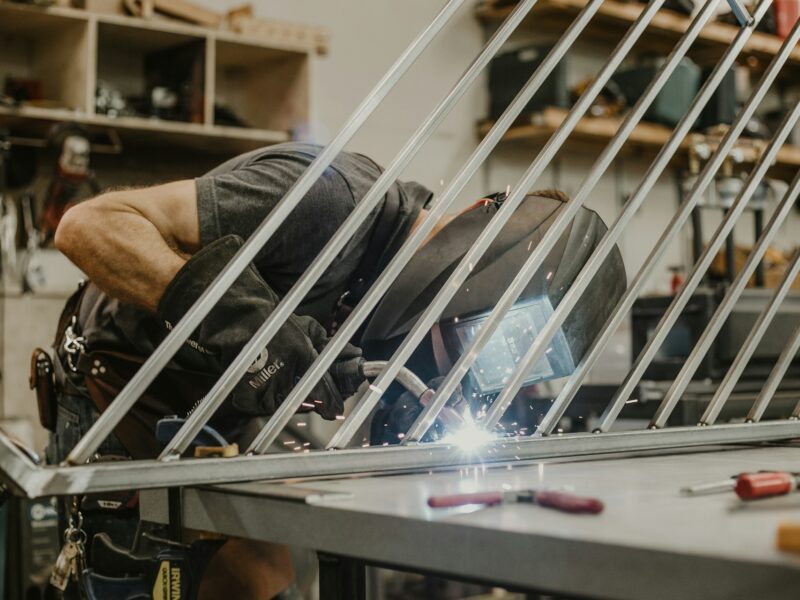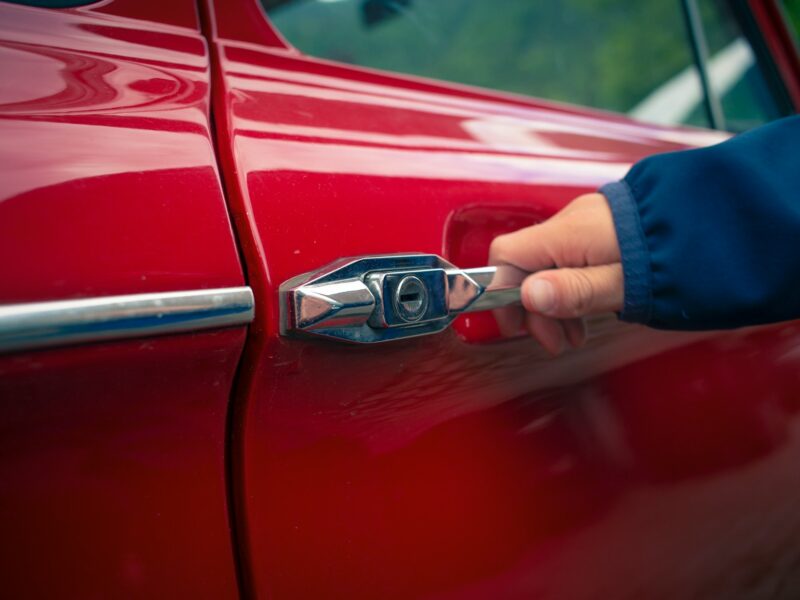Working Horses advocates are people dedicated to protecting America’s wild horses and burros. They have fought for these iconic symbols of the American West since the 1950s.
They also stand ready to accept horses that would otherwise be discarded or sent into holding facilities and long-term pastures. Their work is vital to reducing the overpopulation of these beautiful animals.
Contents
Humane Treatment
Working Horses advocates understand the importance of humane treatment for all horses. They believe the horse owner is responsible for providing care and attention for their animals and abiding by appropriate state and federal laws intended to protect the horses.
Despite this, they often need help finding appropriate and responsible owners. Some animals become unwanted because they are ill, injured, or otherwise unsafe for the public to keep.
When these horses are no longer serviceable, or their owners can no longer care for them, several organizations, such as Humane Society of New York exist to help them transition into a more suitable situation. Some of these programs include adoption and finding more appropriate holding pastures.
One of the most vocal equine activists is Leigh Johnston, an expert in wild horse behavior who has sued the Bureau of Land Management numerous times. Her zealous efforts to halt roundups have led to several victories in court and garnered her reputation as one of the BLM’s most vehement critics.
NEPA Engagement
Almost anytime there’s a chance for you to weigh in on a public land management decision; that opportunity exists because of a seminal law called the National Environmental Policy Act (NEPA). It requires that any action that impacts public lands, wildlife or wild horses undergo analysis and receive feedback from the public.
In the last few years, Working Horses advocates have fought for NEPA to remain intact and be utilized as the foundation of future decisions that could impact wild horses and their environment. Unfortunately, our voice is at risk as the Trump administration seeks to roll back NEPA and weaken the process.
The White House Council on Environmental Quality recently released an Advance Notice of Proposed Rulemaking that sets the stage to weaken NEPA and the entire process of analyzing public land management. As organizations devoted to the interests of our public lands, we have joined with more than 400 other groups and unified objections to the ANPRM. We request that CEQ extend the comment period to a minimum of 90 days, host public forums in urban and rural settings and provide the option of submitting comments by mail and online.
Education
Working Horses advocates are committed to improving the lives of equines (horses, donkeys, zebras) in all environments and industries. They improve their health and living conditions through projects, awareness campaigns and strong partnerships.
Educating the public about equines is a vital part of this work. AWHC works with numerous charities to provide rewarding second careers for retired racehorses and teach poor communities in Africa and Asia proper horse care practices so that these beautiful athletes can live happy, healthy lives.
A working horse advocate needs to understand that there are a variety of equines with different personalities, which means they require various approaches to training and managing their behavior. By learning about each animal and its unique needs, they can set their horses up for success in a way that is easy for them to learn and understand.
Despite the number of petitions, social media likes and harassing phone calls directed at Working horse advocates in recent years, they have remained focused on making horse-drawn carriages more humane. This positive change will benefit wild horses and all of us in the future.
Adoption
Adoption is a social, emotional and legal process in which a child whose biological parents have not raised them becomes a full and permanent member of another family. It permanently transfers all rights and responsibilities, along with filiation, from the biological parents to the adoptive parents.
The process is a lifelong commitment that requires emotional and financial investment. Still, the rewards can be worth it if you think of adoption as a way to bring home a child, research and consider all your options before making any decisions.
The adoption process varies from state to state, but the initial process is usually a home study that includes several visits from case workers and health exams. Some agencies will also require a criminal background check and may ask you to provide references. It would help if you also chose an agency committed to non-discriminatory policies.



